Slimming down: Why BBC is dropping 11,000 recipes
Thousands sign petition as corporation makes savings and reins in its 'imperial' ambitions
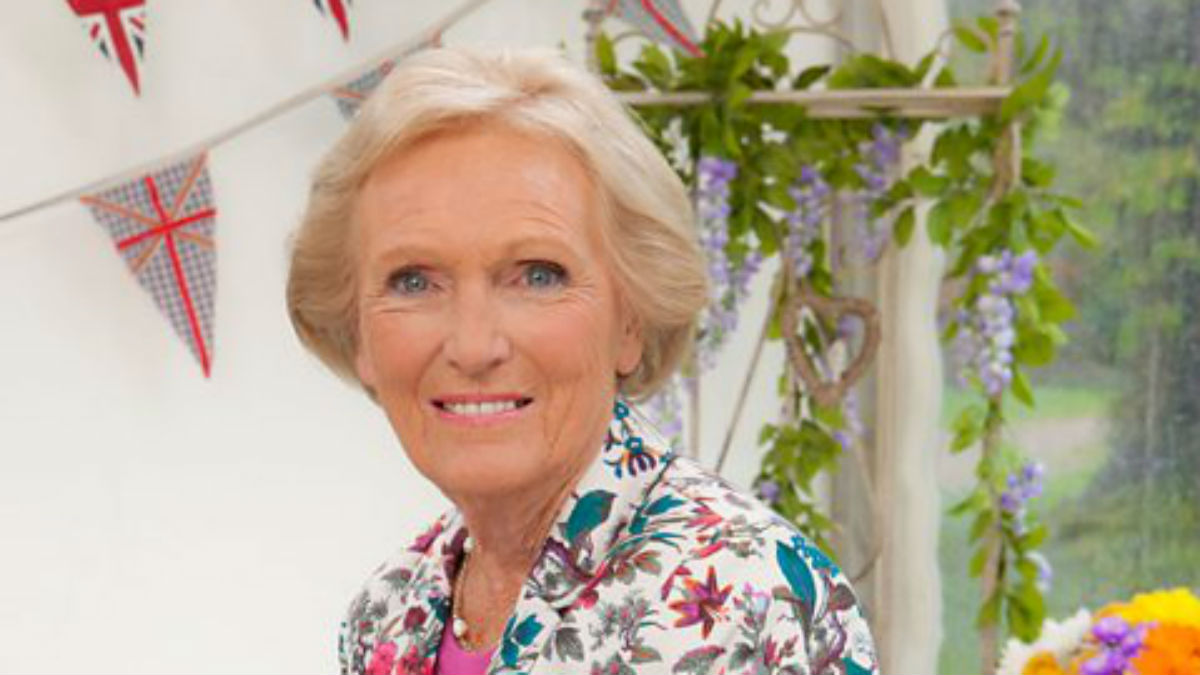
A free daily email with the biggest news stories of the day – and the best features from TheWeek.com
You are now subscribed
Your newsletter sign-up was successful
The BBC is to drop 11,000 recipes from the food section of its website in a bid to save money, prompting a petition that decries the move as "madness".
A source told The Guardian that the recipes will "fall off the face of the internet" after they are "mothballed". While the recipes won't be taken down, their pages will not be maintained and they will become harder and harder to find.
The decision comes after the BBC was told to make £15m savings from its online arm, in addition to £550m annual savings elsewhere, by 2021-2022. The £15m is to come from reducing magazine-style content and local news.
The Week
Escape your echo chamber. Get the facts behind the news, plus analysis from multiple perspectives.

Sign up for The Week's Free Newsletters
From our morning news briefing to a weekly Good News Newsletter, get the best of The Week delivered directly to your inbox.
From our morning news briefing to a weekly Good News Newsletter, get the best of The Week delivered directly to your inbox.
Recipes contained on the commercial wings of the broadcaster, such as the BBC Good Food site, will not be affected – and the BBC will still provide recipes from TV shows for up to 30 days after transmission.
A petition was created on Change.org when speculation grew last month that the recipes might be dropped – and it has already gathered 12,000 signatures.
It reads: "This is a much-loved and used website and a precious resource for people across the country providing easy, free and importantly independent information on a vast range of foods and recipe options.
"When the Government is trying to promote healthy eating, surely it is madness to remove such a comprehensive archive which has taken years to create, not to mention time and money?"
A free daily email with the biggest news stories of the day – and the best features from TheWeek.com
Cookery writer Jack Monroe says the decision is an "abomination", adding that she had "learned to cook on the dole using free recipes online".
Daily Telegraph food writer Xanthe Clay told BBC Radio 4's Today programme that the recipes form a "fantastic archive" and are "part of our cultural heritage".
Chef Dan Lepard, who is among the recipe authors featured on the site, told the Today programme the archive was "extraordinary" and "world-class". He said: "With the BBC recipes, you know they work. I can tell you that loads of recipes out there don't work, will fail. The BBC ones work."
Last July, Chancellor George Osborne said: "If you've got a website that's got features and cooking recipes – effectively the BBC website becomes the national newspaper as well as the national broadcaster.
"You wouldn't want the BBC to completely crowd out national newspapers. If you look at the BBC website it is a good product but it is becoming a bit more imperial in its ambitions."
The BBC has pointed out that it is competing online globally, not just against British publications.
BBC white paper: Whittingdale dismisses 'hysterical' critics
12 May
The government has unveiled a raft of planned changes to the BBC, including a major overhaul of governance and increased transparency in spending.
While the new arrangements are "less far-reaching than some had feared", following reports that Culture Secretary John Whittingdale had favoured radical reform, "some critics are still likely to see the changes as a weakening of the BBC's independence," the Financial Times says.
Key changes
The government's white paper has abolished the trust governing the broadcaster and replaced it with a unitary board which will have at least of half its members appointed by the BBC and the rest by the government. Regulation will be handled by the state regulator, Ofcom.
Diversity will also be enshrined when the royal charter is renewed, after criticism from ethnic minorities that they are under-represented, and the broadcaster has been told to put creating "distinctive content" at its heart, with Whittingdale saying commissioning editors should ask: "'Is this idea sufficiently innovative and high quality?' rather than simply: 'How will it do in the ratings?'"
In addition, the overhaul has kept the license fee in place. It will increase with inflation from next year, which is likely to mean a rise of £15 over the next five years, says The Guardian. The loophole that allows viewers to watch programmes on iPlayer without paying the license fee will be closed.
Finally, in a bid to increase transparency, the salaries of stars paid more than £450,000 per year will be made public – a move which did not seem to be a problem for Top Gear presenter and radio DJ Chris Evans, who reportedly earns up to £2m a year. "Most of us work part-time anyway, so just pay us less," he said.
The fallout
Reaction to the white paper has been mixed, with some welcoming the fact that the government appears to have pulled back on some of its more controversial plans.
The BBC's media correspondent, David Sillito, said there was no sign of "top slicing" or giving money away to other rival broadcasters: "No mention of meddling in the schedules – telling the BBC when it can or can't put Strictly Come Dancing on a Saturday night," he said.
His colleague, Nick Higham, agreed. "For an exercise billed as a far-reaching reform, what's striking about the white paper is how little will change fundamentally."
He added: "The BBC's critics, particularly its commercial rivals – newspapers foremost among them ��� will be disappointed: they'd hoped for more stringent measures to curb the corporation's ability to compete, especially online."
Director general Tony Hall welcomed the proposals, but said he was still seeking assurances that the BBC's independence will not be compromised.
"We have an honest disagreement with the government on this. I do not believe that the appointments proposals for the new unitary board are yet right," he said.
Others were more vocal in their criticism. "You can kiss goodbye to any sense of the BBC being an independent broadcaster" said Wolf Hall director Peter Kosminsky. "Why do we need government nominees on a public service broadcaster?"
Channel 4's Krishnan Guru-Murthy said that the white paper allowed the government to give "guidance" on content requirements.
Labour's Maria Eagle declared her party had "real concerns" that the government "will seek to influence the BBC's editorial decision making, and that the broadcaster will come under undue political interference as a result".
Whittingdale, however, said much of the criticism of the white paper was "based on ill-founded hysterical speculation by left-wing luvvies".
He added: "In actual fact, what the government has proposed has been widely welcomed by, amongst others, the BBC."
-
 Magazine solutions - February 27, 2026
Magazine solutions - February 27, 2026Puzzle and Quizzes Magazine solutions - February 27, 2026
-
 Magazine printables - February 27, 2026
Magazine printables - February 27, 2026Puzzle and Quizzes Magazine printables - February 27, 2026
-
 ‘The forces he united still shape the Democratic Party’
‘The forces he united still shape the Democratic Party’Instant Opinion Opinion, comment and editorials of the day
-
 Can the BBC weather the impartiality storm?
Can the BBC weather the impartiality storm?Today's Big Question MPs’ questions failed to land any ‘killer blows’ to quell the ‘seismic outrage’ faced by the BBC
-
 What are the impartiality rules for BBC presenters?
What are the impartiality rules for BBC presenters?The Explainer News presenters and hosts of 'flagship programmes' must adhere to tougher guidelines than other staff and freelancers
-
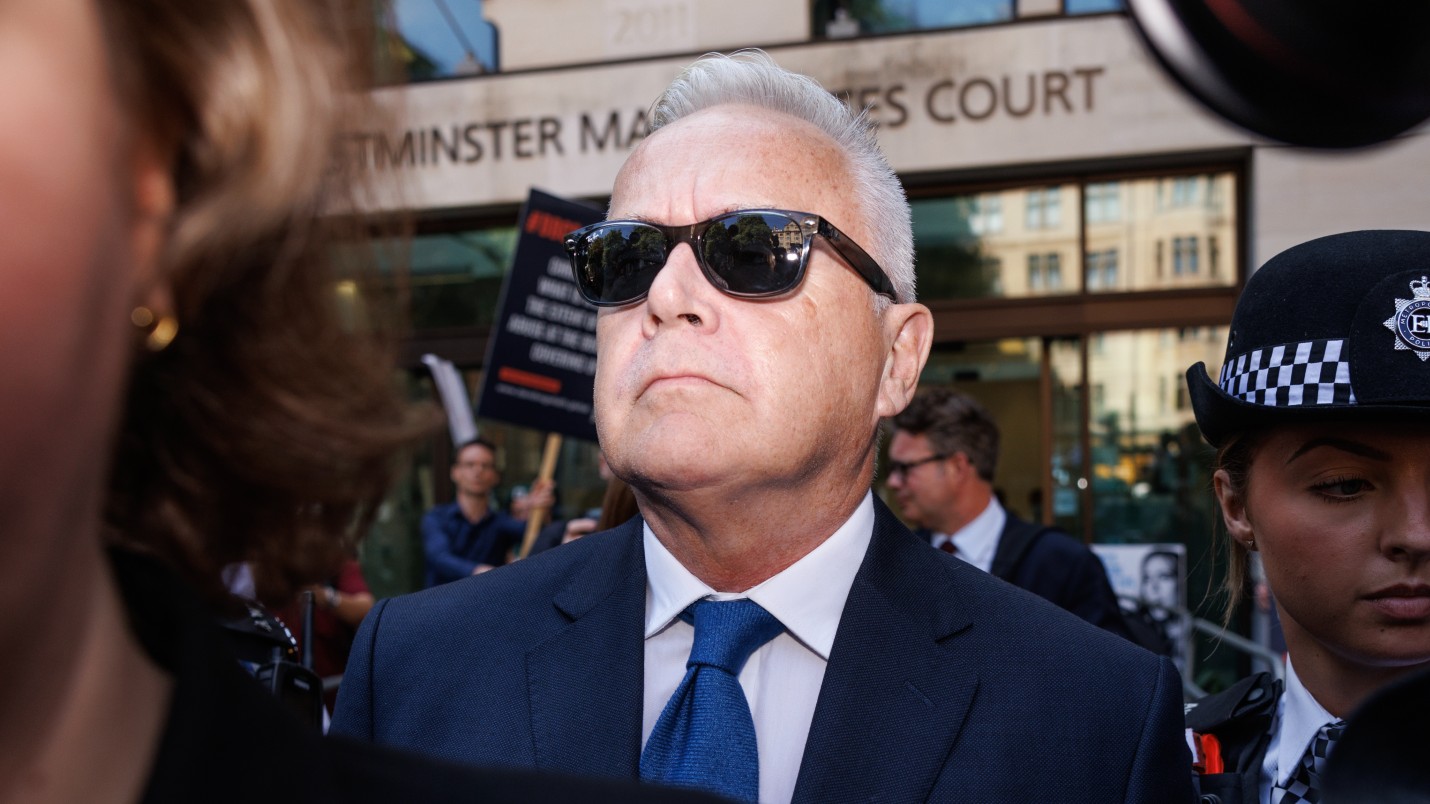 Huw Edwards: why is the BBC so scandal-prone?
Huw Edwards: why is the BBC so scandal-prone?In the Spotlight The national broadcaster has serious questions to answer
-
 Strictly Come Dancing scandal timeline: what happened when
Strictly Come Dancing scandal timeline: what happened whenIn the Spotlight BBC director general addresses speculation over show's future and apologises to celebrity contestants who say they were mistreated
-
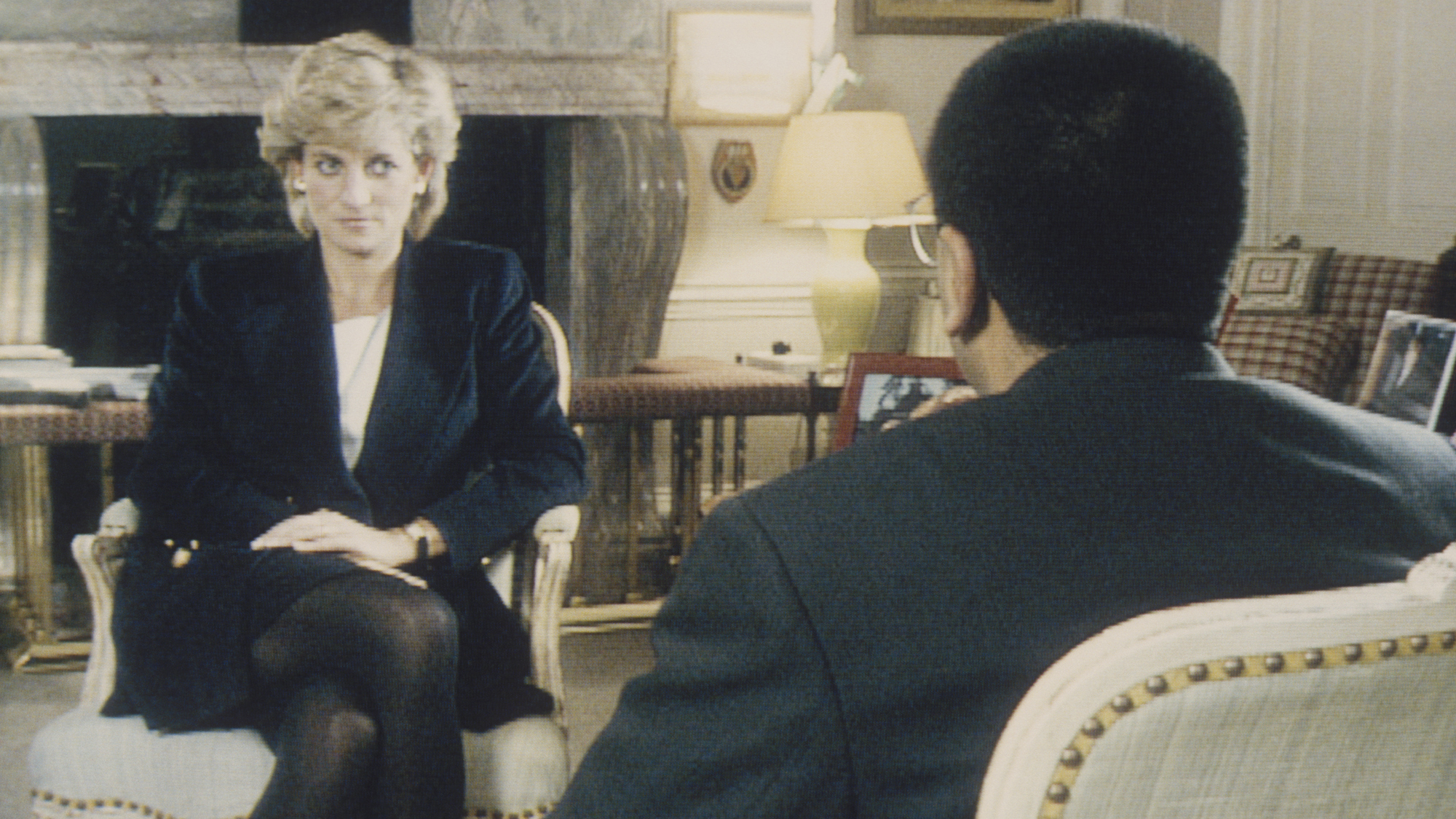 The Princess Diana interview and Martin Bashir's redacted dossier
The Princess Diana interview and Martin Bashir's redacted dossierIn the Spotlight The newly revealed documents show Bashir claimed jealousy and discrimination fuelled allegations against him
-
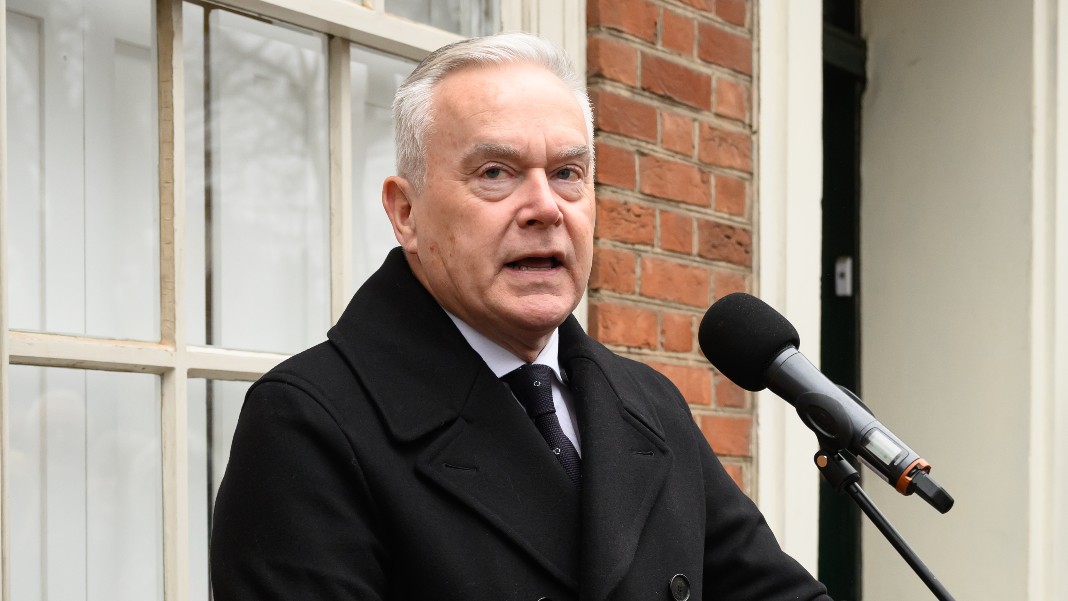 Huw Edwards and the question of ‘public interest’
Huw Edwards and the question of ‘public interest’Talking Point Privacy law ‘mess’ needs to be cleared up, not by judges, but by Parliament
-
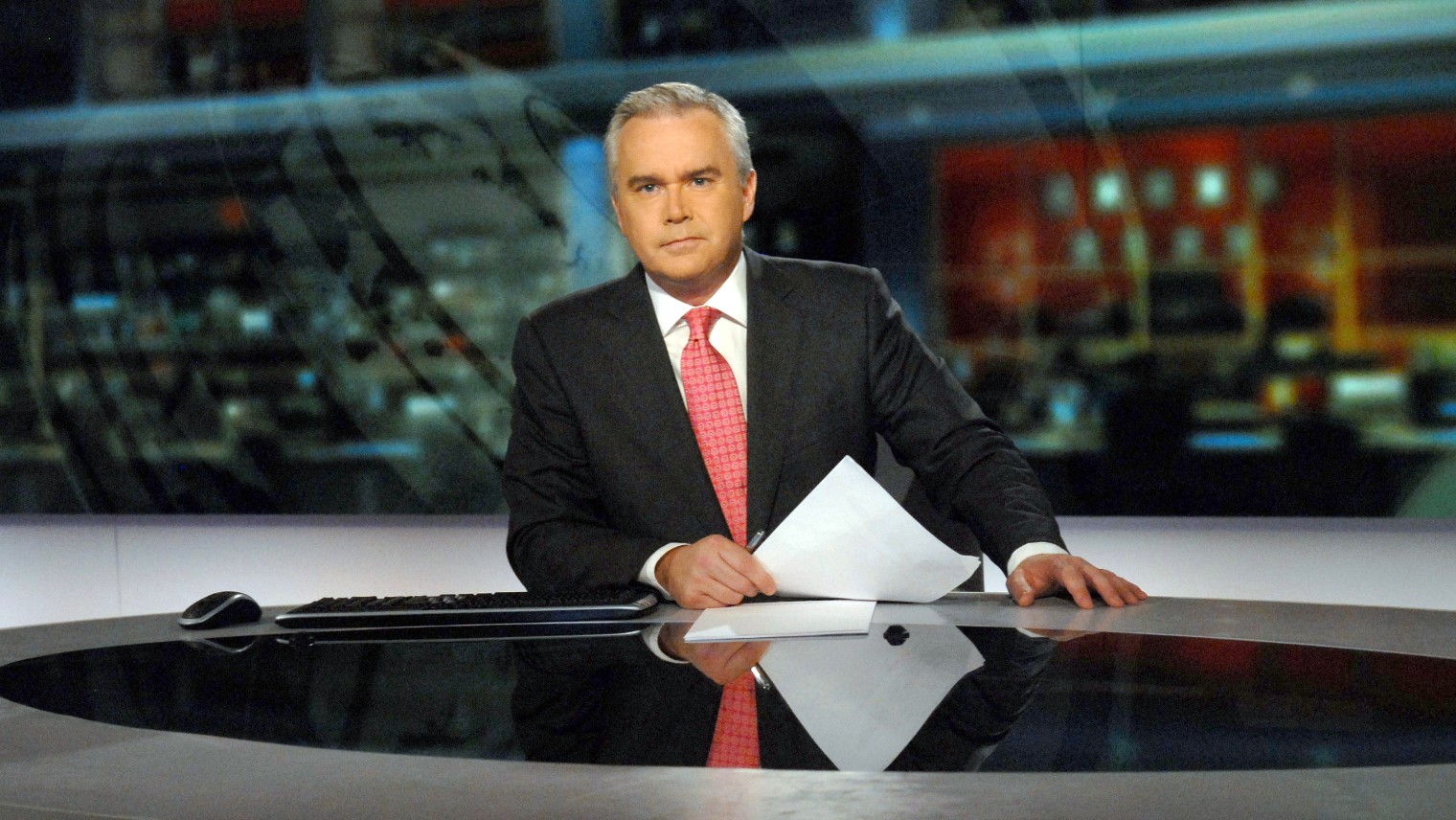 Huw Edwards named as presenter at centre of BBC crisis
Huw Edwards named as presenter at centre of BBC crisisIn Depth News reader’s wife, Vicky Flind, says he will remain in hospital for foreseeable future
-
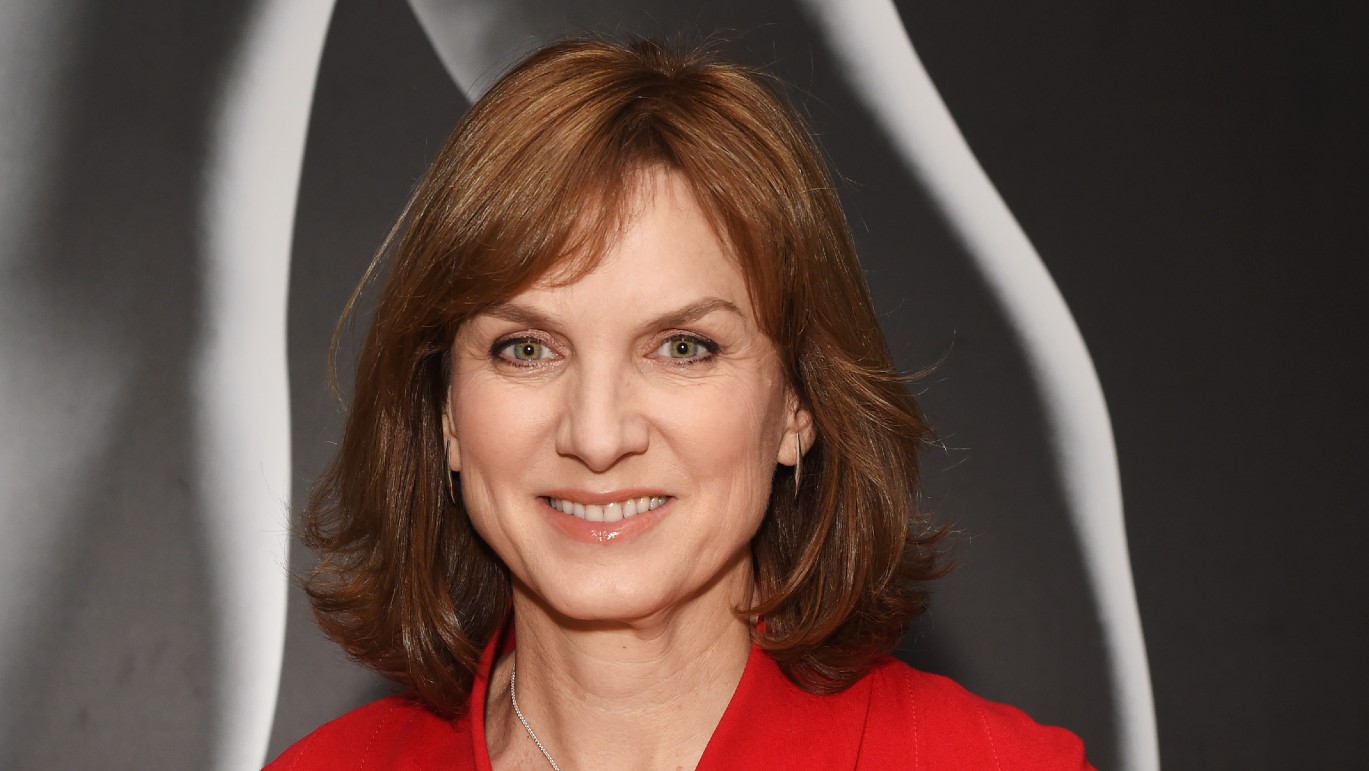 Fiona Bruce: has Question Time host been ‘hung out to dry’?
Fiona Bruce: has Question Time host been ‘hung out to dry’?In Depth Presenter accused of trivialising domestic abuse in debate about Stanley Johnson